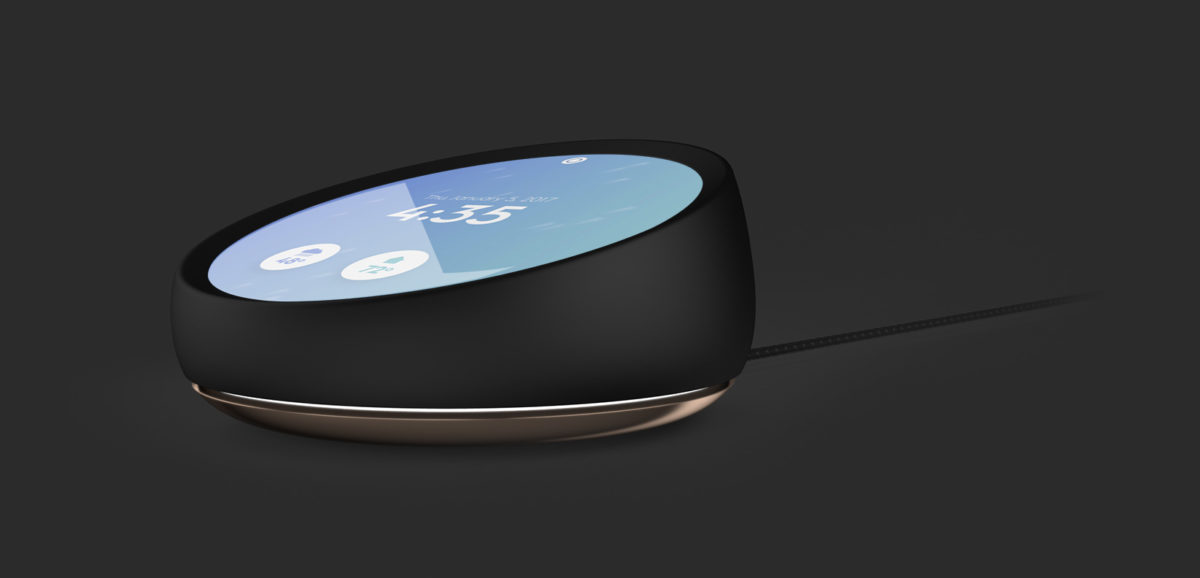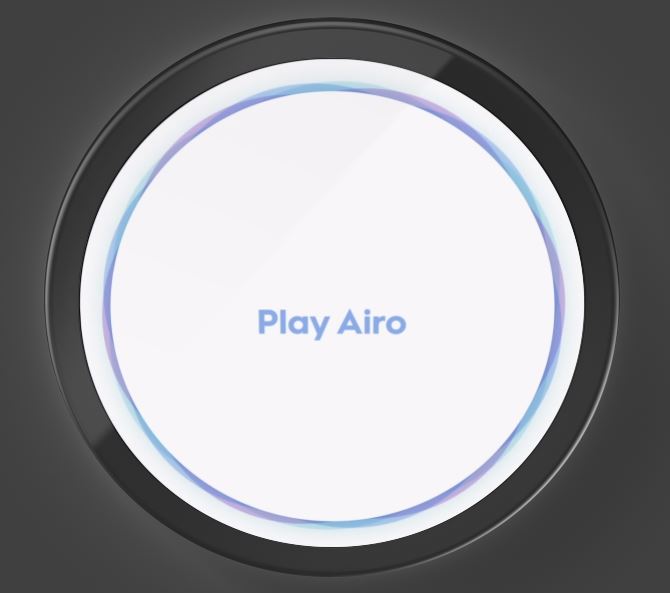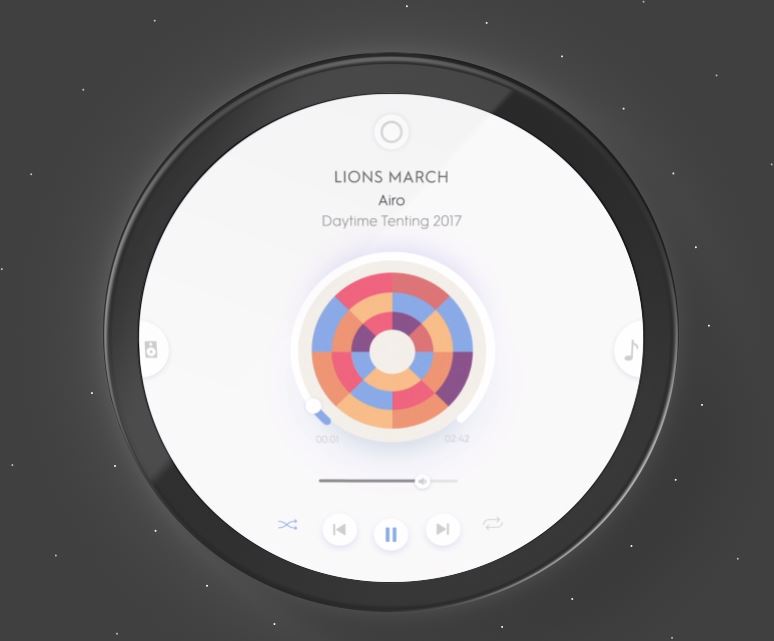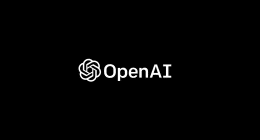Over the previous year and a half, Android creator Andy Rubin and his team have not only been developing the next-gen Essential phone. His new venture has officially gone live today and has unveiled an Amazon Echo competitor with a custom Ambient OS and virtual assistant integrated into the same.
Called Essential Home, this smart speaker with a bright circular display doesn’t at all look gimmicky as the Amazon Show did. The said device instead appears like an alarm clock with an ‘auto-display’ that can be instantly activated by asking a question, a simple tap on the touchscreen, or even a glance.
The highlight of this smart device, as mentioned by Essential, is its special focus on your family’s privacy. This will not intrude into your personal life by sending your data to a remote cloud server for processing but will perform most things on the device itself, so most data stays in your home where it belongs. Your meeting schedule and shopping lists will now only be accessible within your home and not by others in the cloud — limited data is sent to the cloud.
While Rubin may have picked Android to power his venture’s first-ever smartphone, the team developed a custom operating system for the speaker — Ambient OS. And they are already touting it to be better than the competitors, which are already performing quite well in the market.
Much like any other smart home speaker, you’ve been provided with the ability to control your music, ask general questions whose answers can be fetched from the interwebs, set timers or reminders, and even get traffic alerts prior to a scheduled meeting. It can also connect with your smart lights and you can then control them with your voice — the usual stuff. The Ambient OS is presently lacking in skills but Essential will most likely provide third-party developers access to its API to build atop the existing bare bones platform.
Since we have limited info on the product, we cannot completely comprehend what Essential Home should particularly be utilized for inside our homes. The company is describing it as a differentiated product, who’s goal is to activate the home by understanding the physical layout of the infrastructure and its occupants — which doesn’t exactly help us understand it any better.
The launch page of the Essential Home currently features a ‘coming soon’ tag and there is no information on the pricing, as well as the availability as of yet. We’ve only been given an idea of what the device is capable of and how it will be better than its prominent competitors, Google and Amazon. To know more, we may probably need to tune in to the live stream of the launch on stage at the Code conference at 6 PM PDT/ 9 PM EDT.







